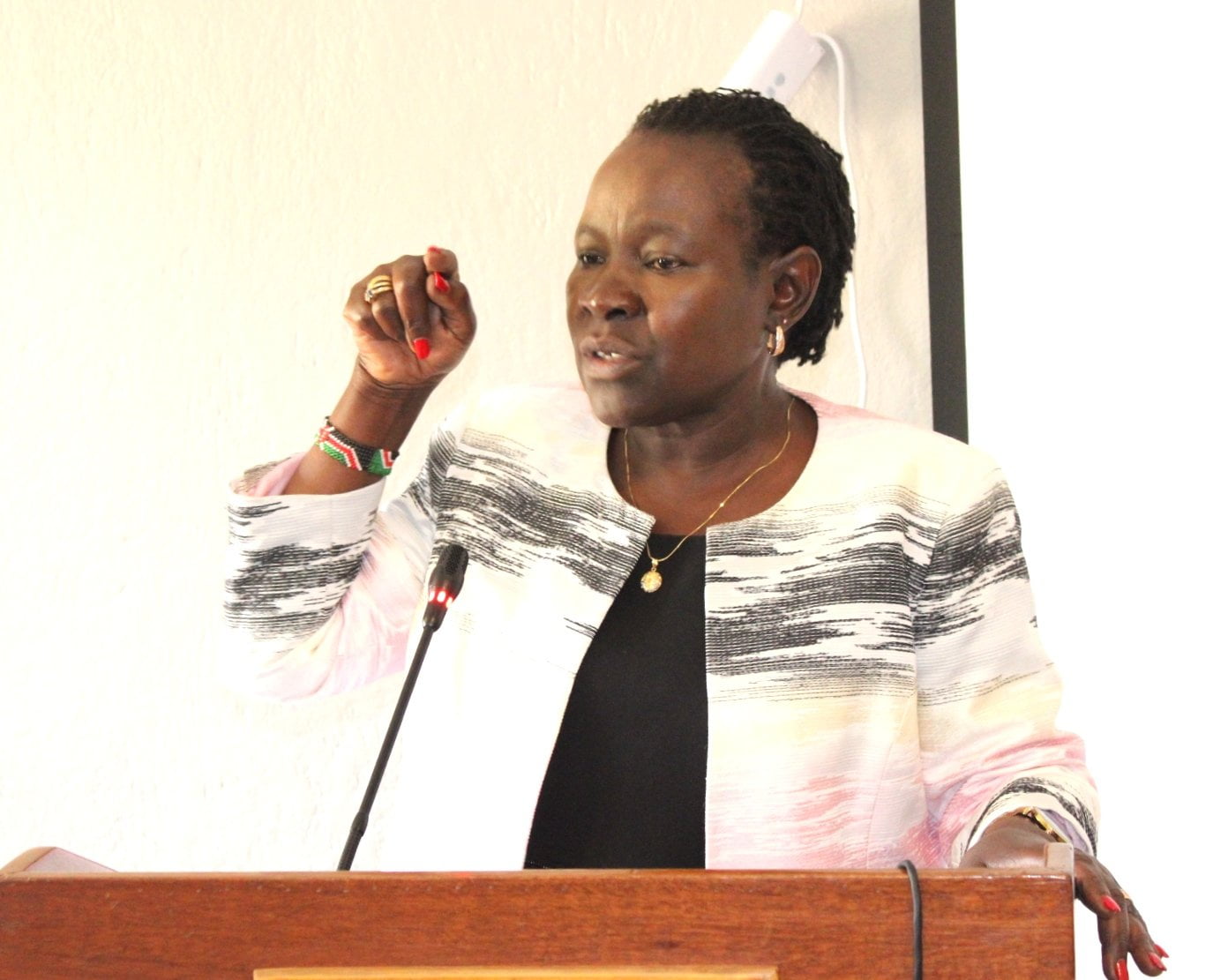Various technical and vocational institutions have launched major campaigns to review courses to align them with skills needed in the presently competitive and innovative market.
The challenge to feed markets with emerging but largely income generating-oriented skills hitherto viewed as unpragmatic has led to creation of numerous short courses that are being embraced by enthusiastic school leavers.
Restructuring of courses at various government and private technical institutions to align them with market needs come at a time when the government has allowed the facilities to conduct their own examinations.
Embu county-based electrical technician Kamanu Kamau, while welcoming the ongoing restructuring of courses at various institutions in the county, admits that changes in new fittings and tools has been overwhelming for those who fail to adapt to modern technology.
After decades of utilization of archaic, manual and slow energy consuming tools, today young technicians enter the industry with hugely improved electrical tools which have revolutionized work.
“The noise of the hammer against concrete walls and the gruesome cutting of pipes using manual chisel cutters have been replaced by modern environmental friendly tools,” says Kamau, who admits to have spent quite a sizeable amount of money in the recent past to improve his skills and tools.
At the Jeremiah Nyagah Technical Training Institute, the management is undertaking restructuring for courses to last no more than six months.
One of the most attractive courses is the solar installations whose training lasts two weeks under a full time package and six months for evening classes.
With driving and riding skills being almost basic now, the college has shortened the time one takes to train to between three weeks and one month.
Fashion design and clothing courses last between six months and one year, while hair dressing and beauty therapy take one year.
In other colleges, what could be termed as short courses last between six months and one year. An example is Don Bosco Technical Training Institute, which offers mostly the mainstream vocational courses like plumbing and masonry.
According Babu Augustine, the manager, fabrication and metal fabrication skills are the most popular owing to the growing number of welding sites.
Embu College, according to the principal Boniface Mwangi, has also been repackaging its training courses to ensure they satisfy the needs of the market. Some of their courses last between six months and one year.
But the benchmark of the most flexible and market-driven courses remains the Kenya Coast National Polytechnic, whose most recent packages lists more than 55 courses whose duration are between one and six months.
An example is Home Care Management and Make-Up courses that last only one month, as others like Pastry Chefs, Barbering and Nail Technology take two months.
College Chief Principal Mary Muthoka confirms that in cooperation with the relevant industry stakeholders, the polytechnic had developed 19 Competency-Based Education and Training (CBET) curricula, and 10 of those have been validated and approved by the government.
Such institutions, according to retired teacher and technical skills enthusiast John Njue, should partner with county governments to create campuses just for these short courses.
But even as they restructure, perhaps it is time they were delinked from examination bodies because they may still be stuck in the past where only popular courses are tested.
By Robert Nyagah
Get more stories from our website: Education News
You can also follow our social media pages on Twitter: Education News KE and Facebook: Education News Newspaper for timely updates.






